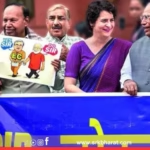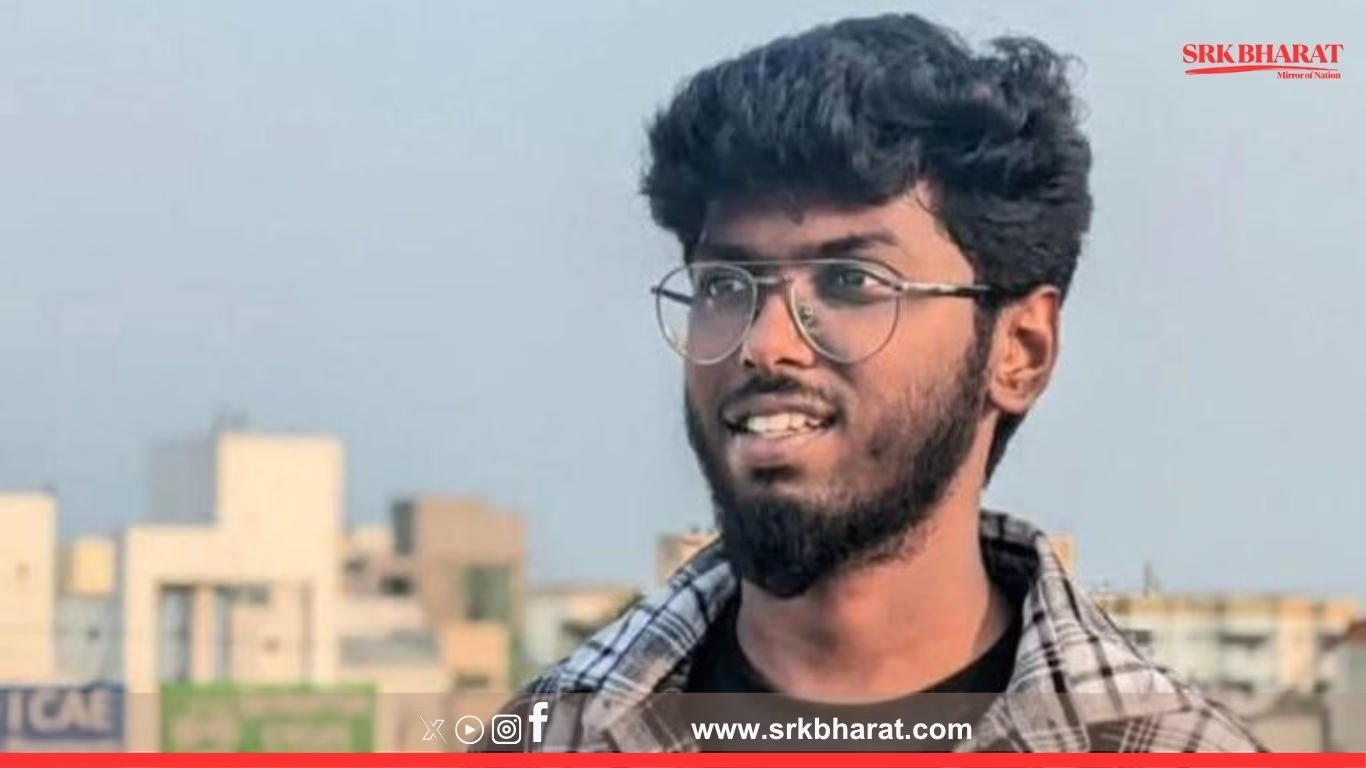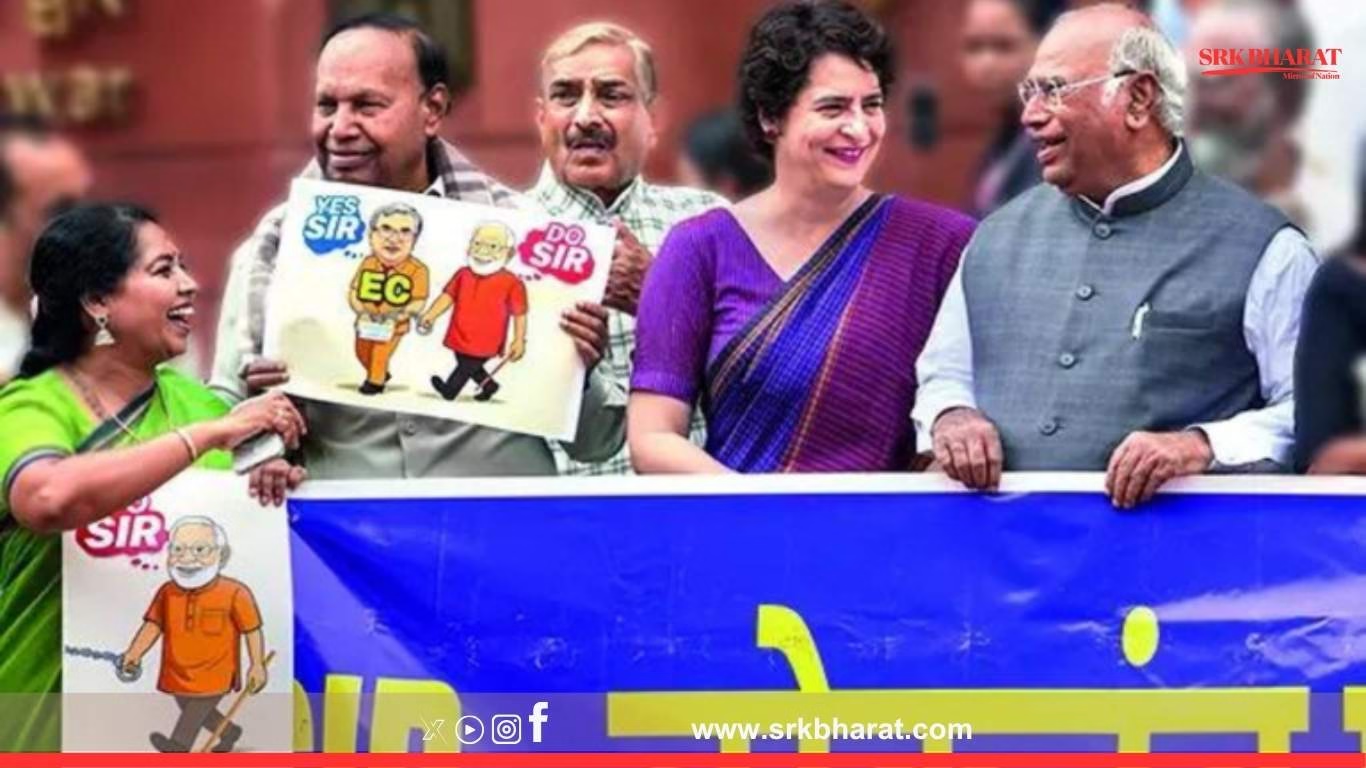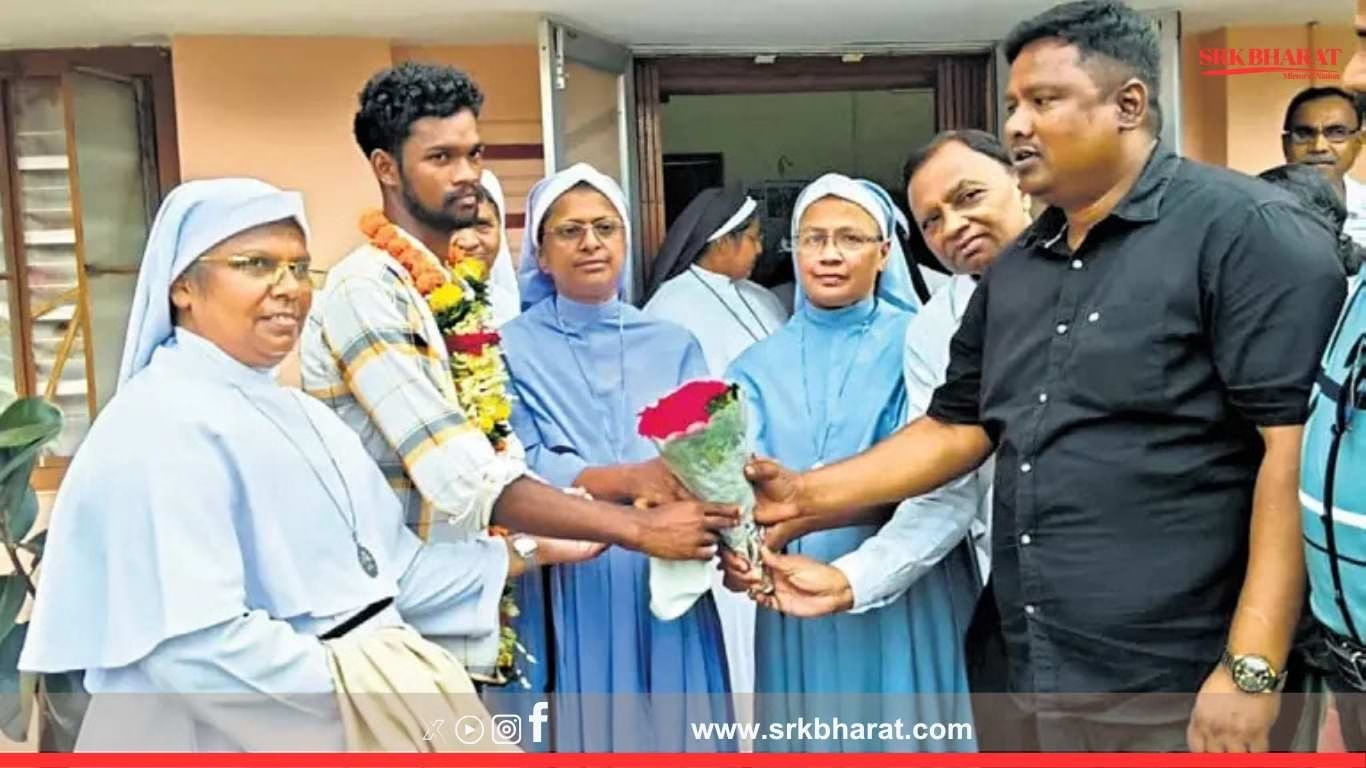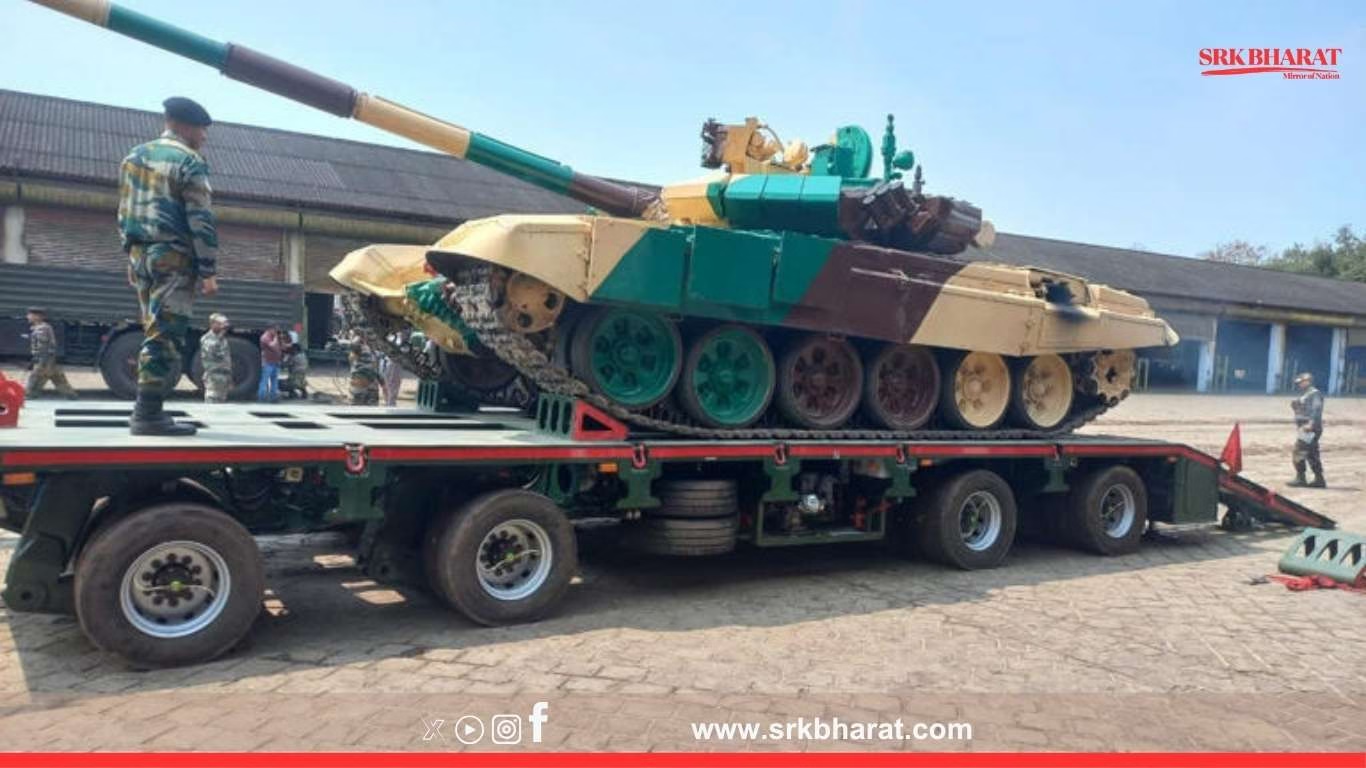In a tragic case that has reignited concerns over caste-based violence and honour killings in India, a 25-year-old Dalit techie from Tamil Nadu was allegedly murdered by the family of his upper-caste girlfriend in what police have confirmed as an honour killing. The incident occurred in the outskirts of Coimbatore and has sent shockwaves across the state.
The short headline that captures the chilling essence of the case is: “Tamil Nadu Honour Killing: Dalit Techie Murdered, Girlfriend’s Brother Held, Parents Booked”
The Incident
The victim, identified as Vignesh (name changed for privacy), was a software engineer working with a reputed IT firm in Coimbatore. Hailing from a Scheduled Caste (Dalit) background, Vignesh had been in a relationship with a 23-year-old woman belonging to a dominant caste. The couple had reportedly known each other since college and were planning to get married.
According to police reports, the woman’s family, especially her brother, had vehemently opposed the relationship due to caste differences. On July 28, Vignesh went missing, and his body was found the next day in an isolated area near Pollachi with multiple injuries.
Following the investigation, police arrested the woman’s brother, who has allegedly confessed to committing the murder. The victim’s autopsy report revealed he had been attacked with a blunt object before being strangled. The girlfriend’s parents have also been booked under various sections of the IPC, including Section 302 (murder), and provisions of the SC/ST (Prevention of Atrocities) Act.
Police Investigation and Charges
Coimbatore Rural SP addressed the media and stated that the case is being treated as an “honour killing driven by caste prejudice.” The investigation is ongoing to determine if other individuals assisted in the murder.
Charges Applied:
| Section | Description |
|---|---|
| IPC 302 | Murder |
| IPC 120B | Criminal Conspiracy |
| SC/ST Atrocities Act | Caste-based discrimination and violence |
| IPC 201 | Causing disappearance of evidence |
Honour Killings: A Persistent Social Evil in Tamil Nadu
Tamil Nadu has witnessed several incidents of honour killings over the past decade, despite awareness campaigns and legal measures. The notion of family ‘honour’ being linked to caste and marital choices continues to be a dangerous trigger for such violent crimes.
Notable Honour Killing Cases in Tamil Nadu (2015–2025)
| Year | Victim | Caste Background | Perpetrators | District | Outcome |
|---|---|---|---|---|---|
| 2016 | Sankar | Dalit | Wife’s family | Tiruppur | Life sentence to key accused |
| 2018 | Kausalya’s Husband | Dalit | Hired killers by in-laws | Udumalpet | Death sentence (later commuted) |
| 2021 | Pradeep | Dalit | Girlfriend’s brother | Erode | Conviction pending |
| 2025 | Vignesh | Dalit | Girlfriend’s family | Coimbatore | Investigation ongoing |
Community Outrage and Protests
Civil rights organisations, Dalit advocacy groups, and political parties condemned the killing and demanded stringent action. A candlelight vigil was held in Coimbatore on July 29 by local student bodies and Dalit rights organisations. Members of the Viduthalai Chiruthaigal Katchi (VCK) and other social justice forums have rallied around the family, demanding police protection and fast-track court proceedings.
Human rights lawyer and activist A. Meenakshi said, “This is not an isolated incident. Honour killings are part of a systemic social rot where caste pride is placed above human lives. We need not just legal remedies but societal transformation.”
Legal and Social Reactions
While the Tamil Nadu government has made previous efforts to curb caste-based violence, activists believe there’s a lack of rigorous enforcement. The state has no separate legal framework for honour killings; such murders are prosecuted under standard penal laws.
However, the Supreme Court of India in Lata Singh vs State of UP (2006) and Shakti Vahini vs Union of India (2018) ruled that adult couples have the right to marry anyone of their choice and called for preventive measures against honour crimes, including special cells in every district.
Data Snapshot: Honour Killings in India (2019–2024)
| Year | Total Honour Killings Reported | Tamil Nadu Cases | Dalit Victims |
|---|---|---|---|
| 2019 | 28 | 3 | 19 |
| 2020 | 32 | 4 | 21 |
| 2021 | 40 | 6 | 27 |
| 2022 | 35 | 5 | 23 |
| 2023 | 39 | 7 | 26 |
| 2024 | 41 | 8 | 30 |
The trend indicates a worrying increase in both the number and brutality of honour crimes, with a disproportionately high number of victims from Dalit communities.
Family’s Plea for Justice
Vignesh’s family is devastated and demanding swift justice. His mother broke down during a press interaction and said, “My son never harmed anyone. He only loved someone. For that, he was brutally killed.”
They are seeking:
- Immediate arrest of all accused
- Financial compensation and government job for a family member
- Security to ensure their safety amid caste tensions
Political Reactions
Several leaders have spoken out:
- DMK MP Kanimozhi: “We condemn this barbaric act. Caste should never dictate who someone can love or marry.”
- BJP State President: “The law should take its course. No one has the right to kill in the name of caste.”
- Congress MLA: “Honour killings must be met with the harshest punishment to deter such crimes.”
However, critics argue that beyond statements, successive governments have failed to enact caste-neutral marriage protections or establish independent oversight bodies for such crimes.
The Way Forward
Social reformers suggest the following steps:
- Setting up fast-track courts for honour killing cases
- Protection cells for inter-caste couples
- State-funded awareness programs in rural and semi-urban regions
- Community sensitization through schools and religious institutions
- Accountability of police in handling early threats or harassment complaints
Legal scholars are also demanding a separate law criminalising honour killings, which can define and punish these acts more stringently than generic murder laws.
Final Words
Vignesh’s murder is another painful reminder of the social stigma attached to inter-caste relationships in many parts of India. As Tamil Nadu battles to uphold its image as a progressive state with a history of social justice movements, such incidents continue to puncture that narrative.
Until caste hierarchies are dismantled in both thought and practice, the nation will continue to witness tragedies like these. Vignesh’s death is not just a murder; it is the outcome of a deeply entrenched social prejudice that requires urgent systemic overhaul.
Disclaimer: This report is based on publicly available details from police statements and local sources. Names have been changed to protect the identity of those involved. This article aims to raise awareness about caste-based violence and does not intend to malign any community or individual.

